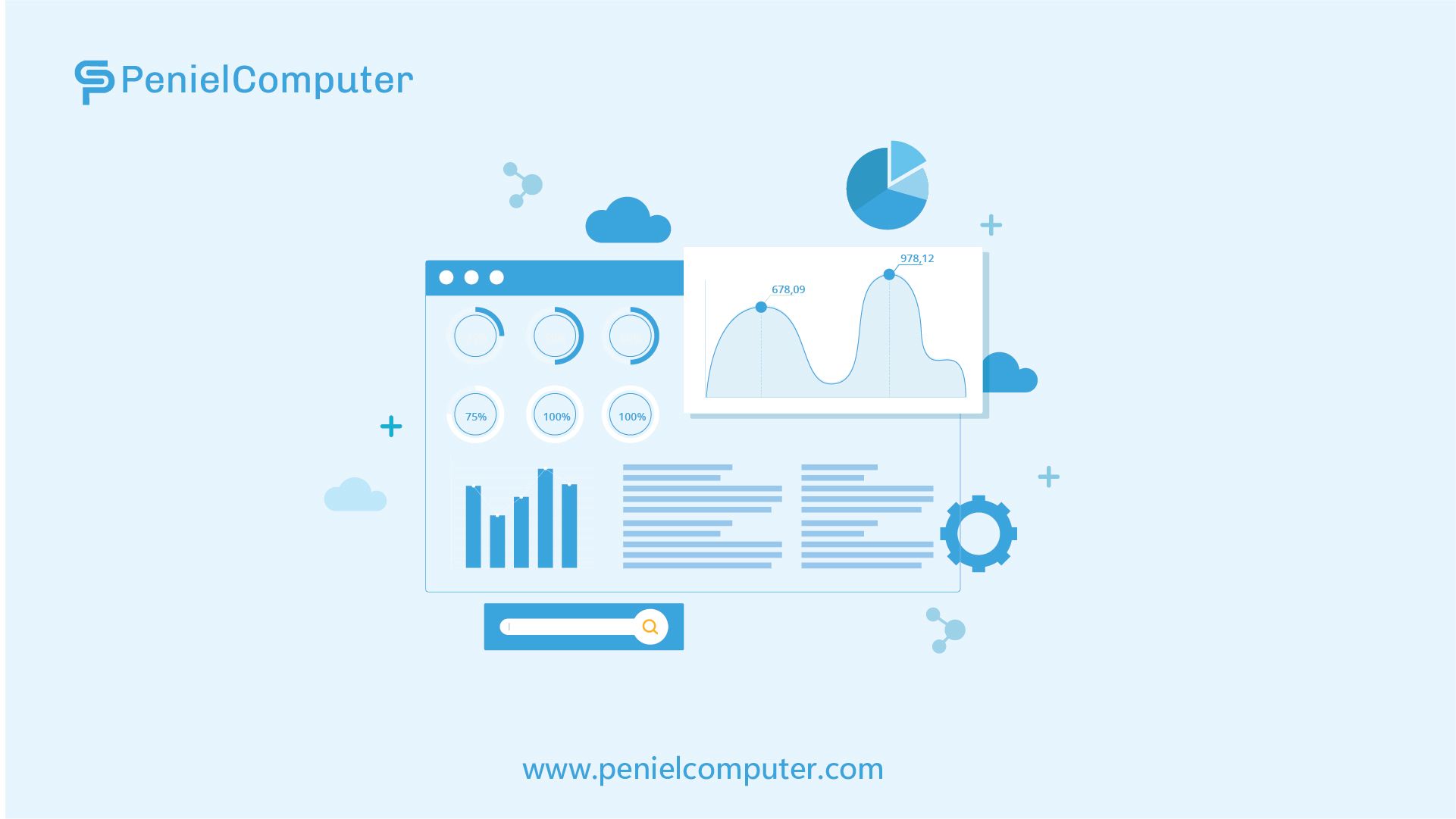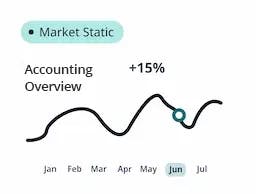
Admin
2024-02-09

With digital transformation at its heart, Oman, a country with a rich history and an astute vision, is going through a significant transition. This article examines how the Sultanate is utilizing digital technologies to foster innovation and business growth. Oman is moving in the direction of a future driven by digital technology, from improving operational efficiency to cultivating an innovative culture.
Oman, the oldest sovereign state in the Arab world, has embraced economic development and modernization. Its revolutionary economy is more proactive and digital than ever because it displays long-standing traditions that Oman has harmoniously incorporated with modern living.
Contact us?
Oman, which will have a population of 4.61 million in January 2023, aims to become the foremost ICT hub in the Middle East. Oman Vision 2040&pos;s digital transformation is anticipated to propel the Sultanate's ICT market to over US$5 billion by 2024 thanks to a robust digital infrastructure and capacity.
Digital Framework
Since the government released its first Telecom Liberalisation Policy in 2003, Oman has made significant progress in the field of telecommunications. In 2019, they announced the 5G Roadmap. In the same year, it granted licensed mobile providers the 5G spectrum rights in the 3.5 GHz frequency range.
A fundamental component of every nation's development goal, ubiquitous connectivity is becoming more and more important in the context of the increasingly globalized digital economies. Oman is not an anomaly.
Oman acknowledged The ICT sector as a driver of innovation and competitiveness in important economic areas. As a result, the Sultanate is seeing growth in the development of an ICT infrastructure that is high-performing, inexpensive, and prepared for the future to serve all citizens and enterprises. One Omani city is predicted to rank among the top 50 smart cities, while at least two Omani cities are predicted to rank in the top 100, according to the EasyPark 2018 Smart City Index.
• Internet Accessibility
According to the most recent data, Oman has 4.44 million internet users at the beginning of 2023, or 96.4% of the population, online. 12.1% of Omani citizens resided in rural areas as of the beginning of 2023, compared to 87.9% who lived in metropolitan areas.
According to Ookla, internet users in Oman might have anticipated a median fixed internet connection speed of 59.74 Mbps and a median mobile internet connection speed of 52.35 Mbps via cellular networks. Currently, the TRA is trying to increase fixed and mobile internet speeds as well as network efficiency.
Data Centers and Networks
Data computing and data storage are critical in a digital economy since the world's annual data production is expected to reach the yottabyte threshold very soon. Information technology (IT), operation technology (OT), and communication technology (CT) must be used by a digital infrastructure to support its fundamental requirements of communication exchange and manage a variety of workloads.
Thus, in keeping with Oman's 2040 Vision, the government has implemented several measures to support the data center industry, one of which is the lowering of land costs to encourage the construction of data centers in the nation.
Leading worldwide telecom firms can receive top-notch colocation services from a well-built data center infrastructure. The data center market in Oman was previously estimated to be worth $286 million, but it is projected to increase at a compound annual growth rate (CAGR) of 11.42% from 2021 to 2027 to reach $470.8 million.
Adopting Cloud Computing and IOT Integration
Effective Data Management
In Oman, cloud computing has started a revolution in data management. Nowadays, companies use safe, scalable cloud storage options that free them from the limitations of conventional infrastructure. Because of this efficiency, Omani businesses can manage large datasets with ease while concentrating on their primary business.
Dynamic Scalability for Flexibility in Business
The main feature of cloud computing is flexibility. Businesses in Oman can flexibly scale their computing capacity in response to shifting consumer demands and market conditions. This not only maximizes operating expenses but also puts companies in a position to react quickly to changing market conditions.
Collaborative Processes
In Oman, cloud technology enables collaborative workflows that transcend geographic boundaries. Teams may share updates, work together in real-time, and access resources anywhere in the world. This cooperative setting fosters an innovative culture by uniting disparate viewpoints and quickening the rate of technological advancements.
Cloud Computing in Public Sector Services
The public sector in Oman is adopting cloud computing to embrace digital transformation. Cloud-based systems are helping government services become more efficient and easily accessible. This change promotes openness in government operations, streamlines administrative procedures, and improves citizen services.
Cloud Integration for Education and Healthcare
Cloud computing has an impact on important industries in Oman, including healthcare and education. The cloud improves service delivery in various industries, from virtual classrooms to electronic health records. This digital revolution advances the country's overall socioeconomic development in addition to raising the standard of healthcare and education.
Utilizing Smart Agriculture to Promote Sustainable Practices
IoT integration is revolutionizing Oman's agricultural environment. Real-time monitoring of crop health, soil conditions, and humidity is done via smart sensors. This data-driven strategy guarantees sustainable agricultural practices, maximizes irrigation efficiency, and reduces resource waste. Oman's smart agriculture programs establish the country as a pioneer in ecologically responsible and productive farming.
Streamlined Operations through Intelligent Logistics
Oman's logistics industry uses IoT to improve connectivity. Shipments equipped with tracking devices can get real-time data on their location and state. Transparency in logistics operations increases productivity, lowers backlogs, and guarantees the safe and prompt delivery of goods. Oman's dedication to cutting-edge technologies is proof of the country's sophisticated logistics infrastructure.
Data-Informed Decisions in Energy Management
In Oman, the Internet of Things is vital to energy management. Sensors and smart meters track patterns in energy use, giving decision-makers important information. This data-driven strategy helps Oman achieve its objectives for efficient and sustainable energy consumption while optimizing the distribution of energy and minimizing waste. Oman is at the forefront of cutting-edge energy management technologies because of IoT integration.
Smart Cities: Increasing Urban Efficiency
Oman envisions smart cities that maximize urban efficiency through IoT connectivity. Urban living is getting better with intelligent waste management systems, connected infrastructure, and smart street lighting. In addition to enhancing inhabitants' daily lives, Oman's smart city efforts demonstrate the country's dedication to both sustainable urban development and technical innovation.
ERP Implementation for Digital Transformation
The main goal of ERP implementation, a digital transformation project, is to enhance back-end processes. An ERP system unifies all of the essential business operations into a single, centralized system. Accounting, inventory control, and supply chain management are just a few examples of what this can cover. Businesses can increase productivity and visibility by combining these procedures into a single system.
Similar factors may also influence a company's decision to choose WMS, HCM, or CRM software. The main takeaway from any software deployment is that, when we talk exclusively about the software, we neglect to mention People and Processes, two other essential components that support the rationale for installing the technology.
In the competitive business world of today, digital transformation is a must. ERP Customization is at the forefront of ERP solutions, which is what is enabling this transition. Organizations may seize new possibilities, optimize processes, and provide unmatched customer experiences by using Elate ERP solutions.
Latest News
From Our blog and Event fanpage




